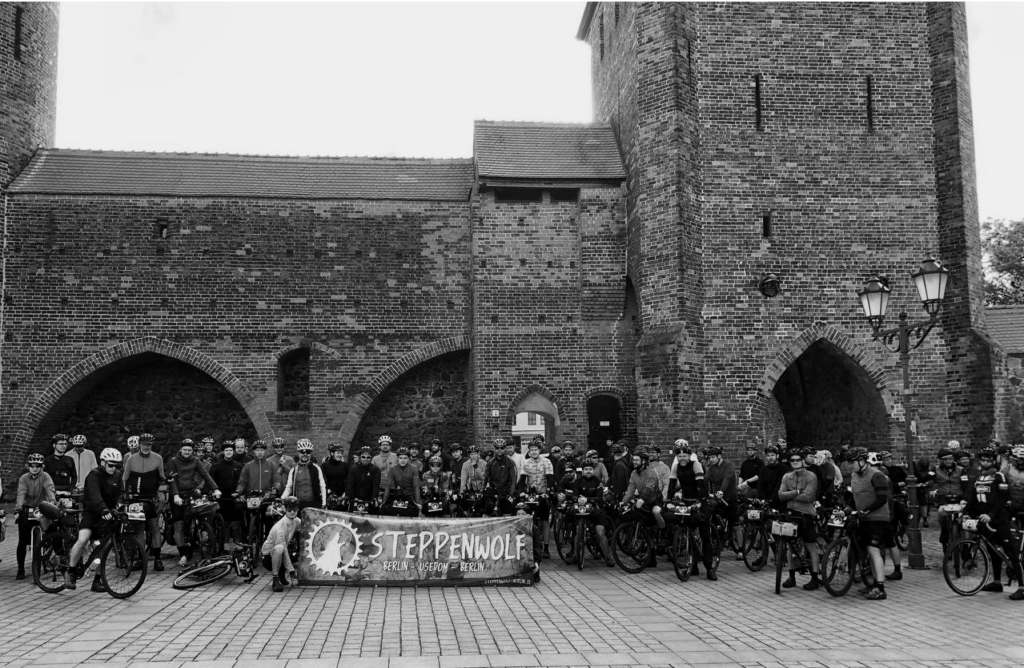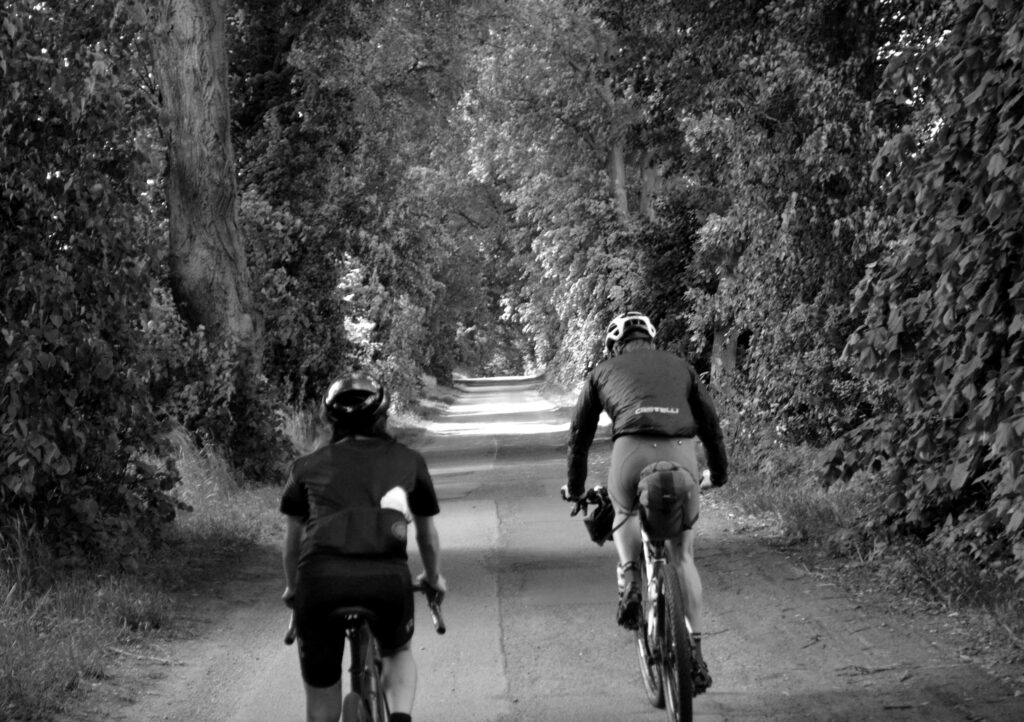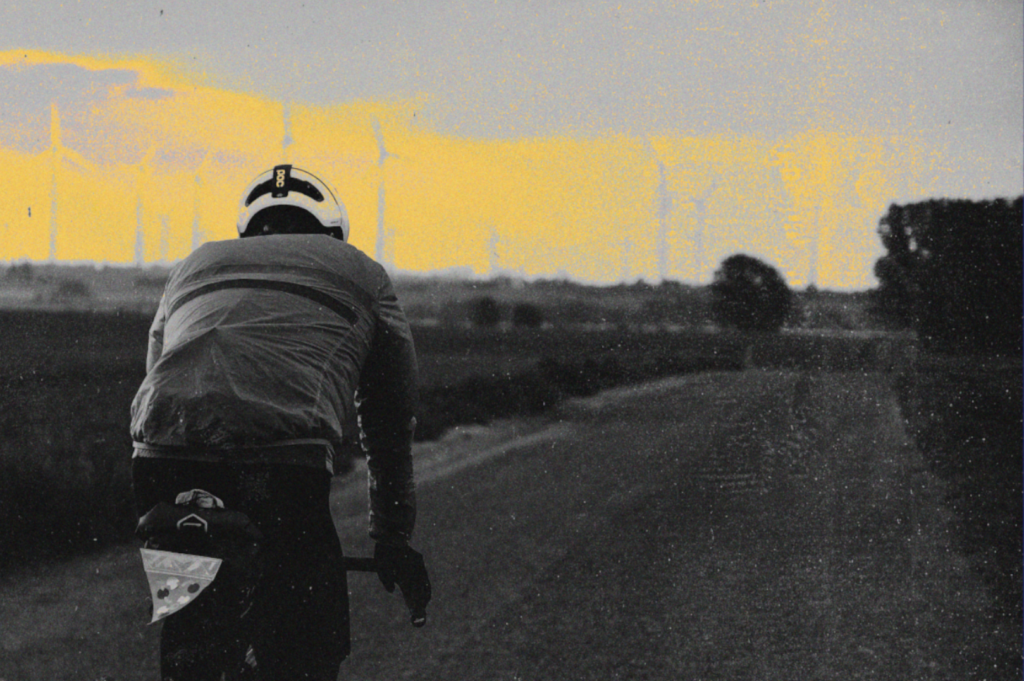

Modern cycling has lost its meaning.
Big sponsors from plastic producers (Ineos), oil producers (Gazprom) to dictatorial states (Bahrain & UAE) determine the sport. Sure, it's fun to watch the spectacle, but the aftertaste is bitter: races like the Presidential Ride of Turkey or the UAE Tour offer dictatorships a stage to whitewash their vests. And while the peloton of the Tour de France is struggling through Provence at ever new high temperatures, the WorldTour troop itself has an ecological footprint like a small state. Professional cycling is not just watching climate change - with its structure and its sponsors, it is itself a driver.
The consequences of climate change have long been felt in many places around the world. But even here, between Berlin and the Baltic Sea, we are already feeling the consequences: While in Berlin the water supply from the Spree River becomes dangerously scarce in midsummer and the rising sea level also threatens the Baltic Sea coast, the forecasts for Brandenburg say steppe.
But giving up hope is never an option for us as cyclists, not even for a future worth living. A symbol of this hope is the return of the wolf west of the Oder. All over Brandenburg and Mecklenburg-Vorpommern, landscapes are being created that are becoming more and more self-regulating and establishing an ecological balance. Scientists call this strategy "rewilding" - with the Steppenwolf we want to transfer it to cycling. A sustainable, wild cycling from below. Open to all and not a toy of the rich. One that stands for solidarity instead of elbow society. That's what we're riding for at Steppenwolf.

